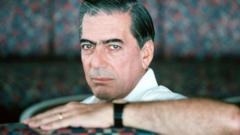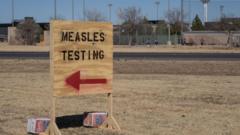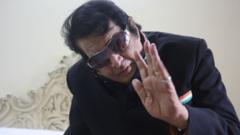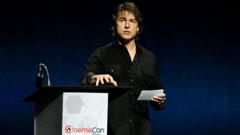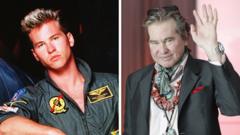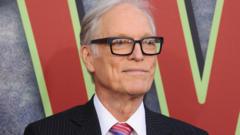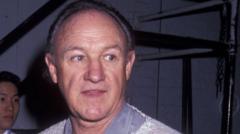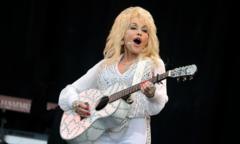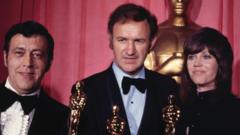In a significant loss for the world of literature and political discourse, Mario Vargas Llosa, the celebrated Peruvian novelist and a key figure in the Latin American literary boom, passed away on Sunday at the age of 89. His children, Álvaro, Gonzalo, and Morgana Vargas Llosa, shared the news on social media, marking the end of an era for a writer whose works explored the complexities of personal and political freedom.
Mario Vargas Llosa: A Literary Titan and Political Enigma Passes Away at 89

Mario Vargas Llosa: A Literary Titan and Political Enigma Passes Away at 89
Vargas Llosa, the Nobel laureate whose works profoundly influenced Latin American literature and politics, has died in Lima.
Vargas Llosa, who was awarded the Nobel Prize in Literature in 2010, became known for his incisive critiques of societal and political issues through a blend of realism and an engaging narrative style. He gained prominence with his sharp depictions of the corruption plagued in Peru, positioning himself among iconic writers like Gabriel García Márquez and Julio Cortázar who emerged during the flourishing period of Latin American literature in the 1960s. His debut novel, "The Time of the Hero," drawn from his experiences at a military academy, reflected his distaste for the establishment and marked the start of a prolific career filled with provocative themes.
While he initially embraced leftist ideologies, Vargas Llosa later distanced himself from them, particularly disillusioned by Fidel Castro’s oppressive regime in Cuba. Throughout his life, he remained a polarizing figure — a conservative voice that often spotlighted the struggles for individual liberties in a region marked by political upheaval. His legacy extends beyond literature; he has left an indelible mark on political commentary in the Spanish-speaking world, making his passing a profound loss for both fields.
While he initially embraced leftist ideologies, Vargas Llosa later distanced himself from them, particularly disillusioned by Fidel Castro’s oppressive regime in Cuba. Throughout his life, he remained a polarizing figure — a conservative voice that often spotlighted the struggles for individual liberties in a region marked by political upheaval. His legacy extends beyond literature; he has left an indelible mark on political commentary in the Spanish-speaking world, making his passing a profound loss for both fields.

